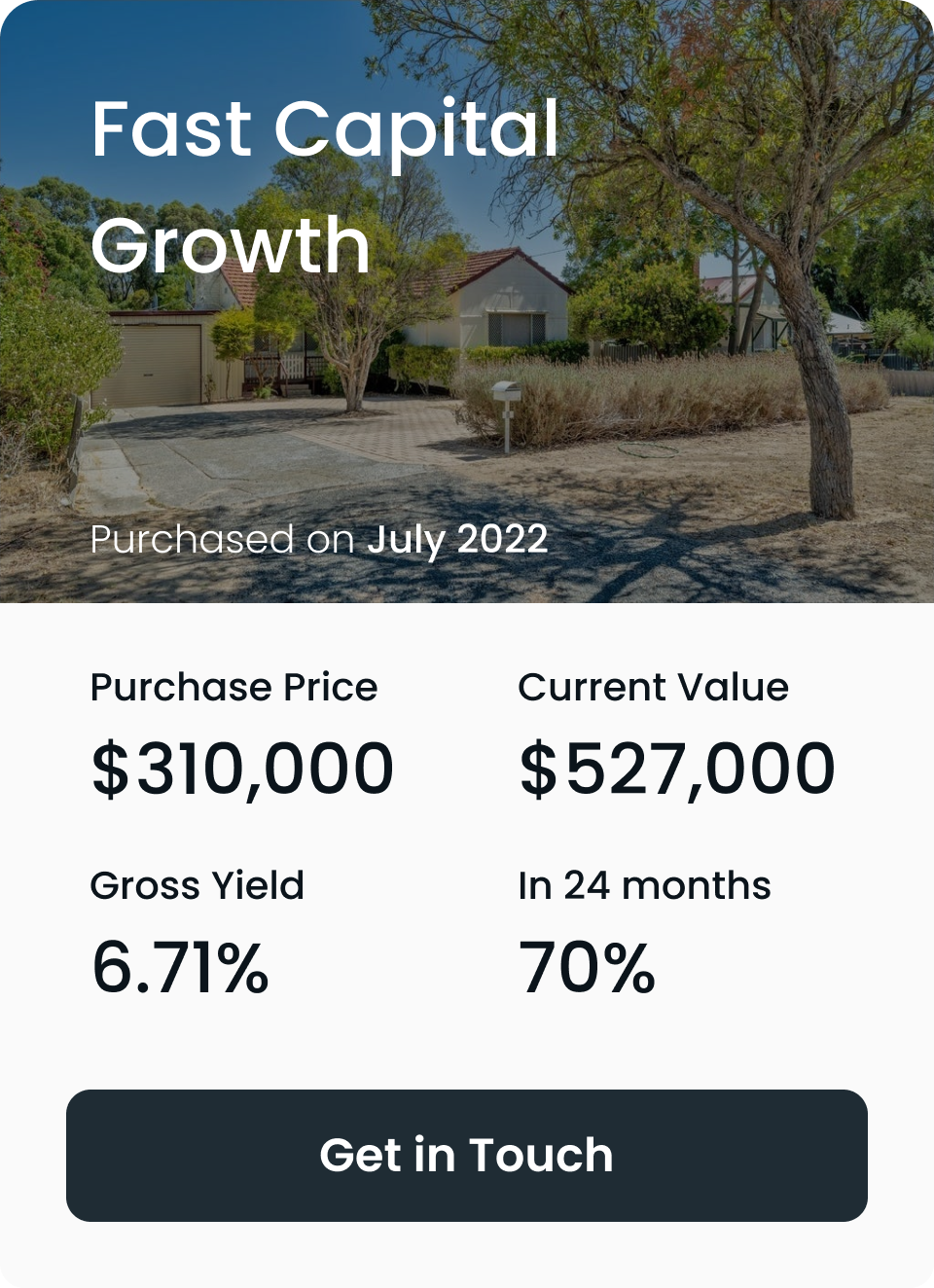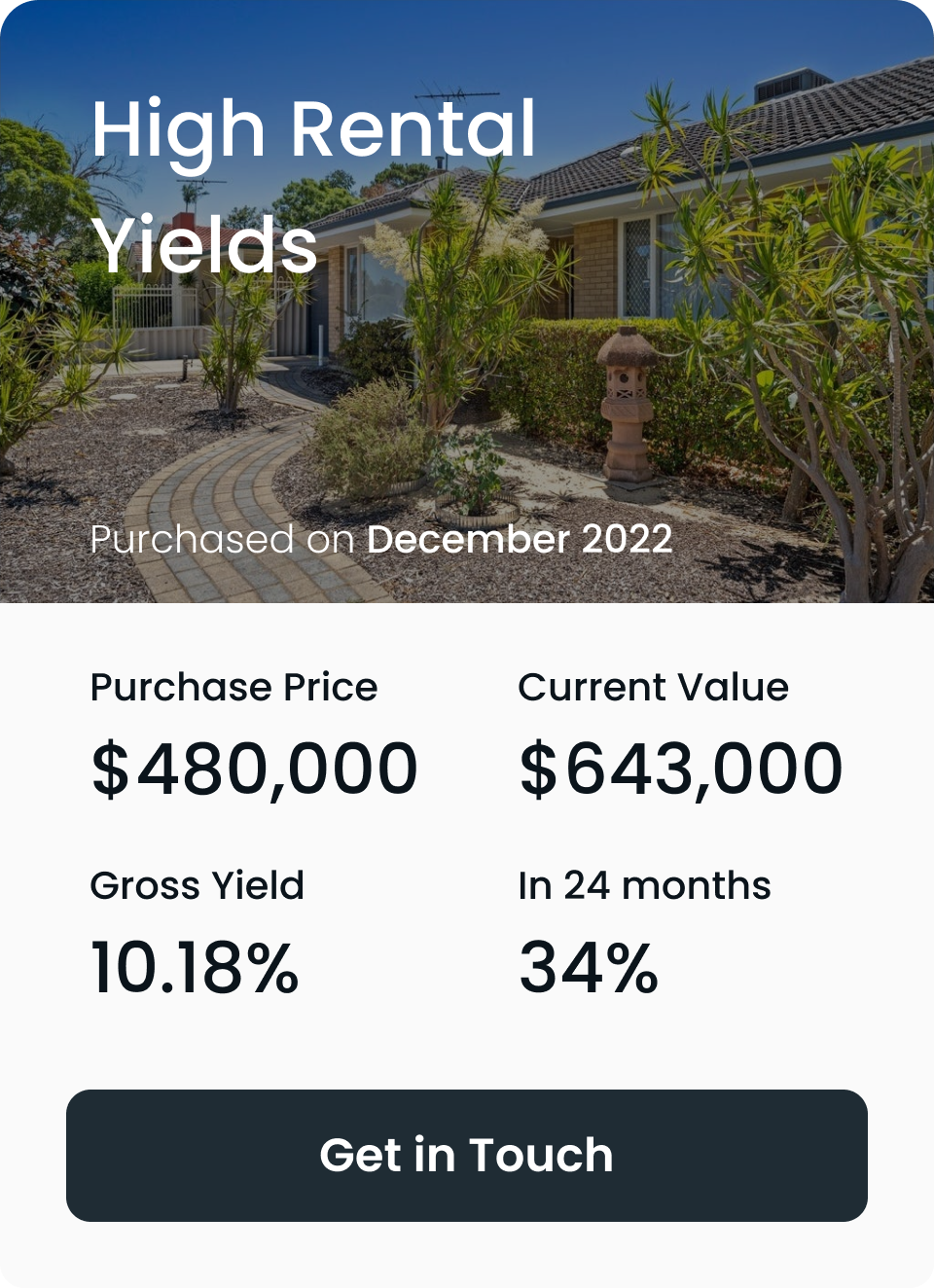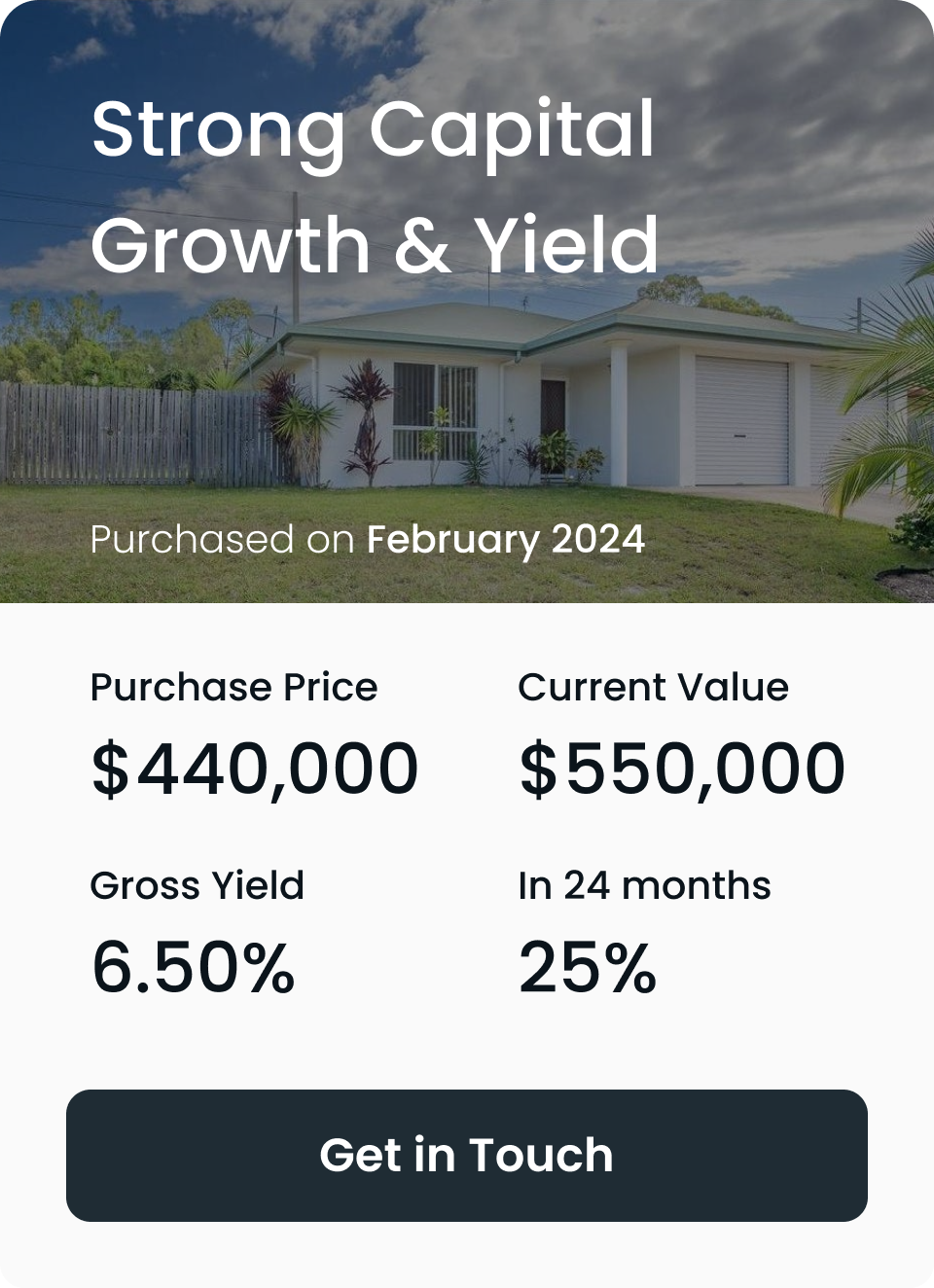9 Things You Need to Know Before Buying an Investment Property
Are you considering buying an investment property? If you make the right decision, investing in real estate may be thrilling and extremely profitable. However, putting money and other benefits aside, real estate investment can be intimidating for those just starting out. Taking the right steps to guarantee a profit on your investment is crucial, regardless of the sort of property you are investing in and whether you intend to rent or sell it later.
Whether you’re a seasoned investor or a first-time buyer, knowing the critical aspects of property investment can save you from potential pitfalls and ensure a profitable return. To help you choose a quality investment property with confidence, we’ve broken down the things into 9 things that you should consider, decide upon, and be aware of before purchasing an investment property.
Understanding the market
When it comes to investing in real estate, knowledge really is power. Finding the ideal investment opportunity and making well-informed selections require extensive market study. It is critical to thoroughly understand the real estate market before investing. Examine the market conditions, real estate prices, and projections for the future. Examine the financial aspects that influence the cost of real estate in the area you have in mind.
Analyze market trends
Understanding the market is very important since it enables one to know where and when to invest. It enables you to find sectors that could grow and markets that may not have the potential of prices rising or even falling so you can decide accordingly. Look at recent sales data, rental yields, and property price trends. This information can help you identify areas with strong growth potential and avoid locations that may be overvalued or declining.
Location
The next step in your investing journey should be determining the location of your investment property, as it plays a significant role in its potential success when coupled with the kind of property you are looking to invest in, be it a House, unit, or land?
Research local markets
It is crucial to remember that every Australian location is different, with its own special opportunities and difficulties. For instance, compared to Adelaide or Hobart, Sydney may have a notably larger competitor base. Research for local property values, rental returns, and vacant rates.
Economic indicators
Look out for economic indicators such as: Look out for economic indicators such as:
Interest Rates: It can also lead to a decrease in interest rates, which makes borrowing more affordable.
Employment Rates: It is also self-evident that higher employment rates will mean a better economy.
Population Growth: Populated areas are likely to have a demand for homes as the concentration of people rises.
Besides, the information coming from real estate brokers, appraisers, and other specialists can be also useful when combined with internet search in order to gain more understanding of the current situation and future trends of property prices in a particular region. Are there known colleges and institutions, good schools, excellent employment prospects and other qualities that can attract people to live in the area?
Do you have $85,000 saved in cash or equity?
Start your investment journey with us
With $85,000 in savings or equity, you can begin or grow your investment portfolio with high-growth
properties in Australia's strongest property markets.
Do you have $85,000 saved in cash or equity? Start your investment journey with us
With $85,000 in savings or equity, you can begin or grow your investment portfolio with high-growth properties in Australia's strongest property markets.
Understanding your investment strategy
Different investment strategies suit different goals and risk appetites. Understanding your strategy will help you choose the right property and financing options. Some common precautions to follow are to plan ahead and take into account every expense and detail. Start by calculating the amount of money you have, the loan amount, the cost of the property, and the cost of renovations. Having clear and realistic goals is essential. What do you aim to achieve with your investment property? Are you looking for capital growth, rental income, or perhaps both?
Long-term vs. Short-term investment
Determine whether you want appreciation of capital or rental income in the short term. In the long-run investments, one relies on property value while, in the short-run, on rental income.
Type of property
Select a type of property that will correspond to your investment approach. Both residential buildings and commercial buildings, as well as properties that contain both residential and commercial uses, bear their respective strengths and weaknesses. You should hire a buyer’s agent for investment property to assist you in locating and identifying properties to invest in.
Investment properties, be it multiple or just one, can sometimes be headaches to manage. Some properties may use more time than others (HMOs in particular). You sign documents, coordinate appointments, and fix things, and that is just the beginning!
It is advisable to determine the level of management you want to be involved with your investment property before searching for one. If you prefer to spend the least amount of time, then you should consider the family-sized property that was renovated recently. However, if you do not fancy buying a substandard property that requires a lot of work to be done on it, then a hands-on investment would be suitable for you.
Knowing your tenant market
Understanding your target tenant market is crucial. The first question that you should ask here is are you looking for families, students, or professionals? Each tenant group has different needs and preferences and, most importantly, the ability to pay.
Tailoring your investment
You may select a property that suits your tenant’s demands by being aware of your tenant market. Families, for instance, could favor homes with several bedrooms and close access to schools, whilst professionals might search for flats in commercial areas.
Financing your investment property
Every time you decide to purchase your first investment property with a loan, the knowledge of the financing type is inestimable. Although you may want to go shopping for houses, you need to know beforehand the amount the bank sees you eligible for or if you will be considered for a loan at all. Below are some of the most common types of mortgage loans that one might use in a property investment.
Mortgage loan considerations
It is common to find that lenders consider the credit score, the ratio of the total debt to the income, and the history of employment of the applicants. They define whether you will get the loan and for how much.
Finance without vast cash balance
However, that is a myth because one does not necessarily have to have a lot of money to purchase an investment property. There are financing opportunities that can be availed of without much fund to be put in by the businessman.
Alternative financing options
One should also think about hard money lending. Some of the lenders, such as Investor’s Edge, do not have a credit score threshold and prior experience is not necessary. They also show them how to locate deals that are low and even if no money service is needed to close them.
Knowledge of these financing aspects will assist you as you finance your investment property purchase. These are concepts that can only be useful for any investor, new or old to the investment business, in the property market in Australia.
Financing your investment property
Understanding the regulations pertaining to landlords and tenants is a good idea if you want to avoid any potential legal pitfalls. You have a lot of duties as an owner to your tenant, which include maintenance and eviction, creating the rental agreement, and providing an entry report. Thus, keeping up with these things is essential!
Let’s use the example of renting to discuss. As a landlord, when you rent out a property, you are legally accountable for multiple things:
- Protecting your house against dangers by, for example, installing and checking carbon monoxide and smoke alarms on a regular basis
- Ensuring the correct installation and routine maintenance of electrical and gas equipment.
- Safeguarding the security of your renter’s deposit.
Of course, you may outsource a lot of tasks, but doing so might reduce your net profit.
Property management
The ability to manage properties is a critical point concerning real estate business and investments. Property management is all about managing a property, dealing with tenants, receiving rent and fees, undertaking repairs and maintenance, and advertising and leasing out the property.
Key responsibilities of property management
- Tenant Relations: A property manager is responsible for dealing with the tenants, whereby they receive complaints or even make requests, negotiate on the tenancy terms as well as the renewal terms, and also find potential tenants. This also covers issues related to leaseholder relations and adherence to tenancy laws.
- Financial Management: Property managers deal with the financial management of the properties. This involves creating a management budget, expense control, and preparation of management reports for the property owner. This guarantees the property’s profitability, hence proper financial management.
- Maintenance and Repairs: Part of the main duties would be to ensure that the property is kept in the best possible state. Property managers schedule repair and maintenance work, haggle over prices and other terms with suppliers and contractors, and guarantee that all structures are safe and compliant with the existing laws.
- Marketing and Leasing: Finding new tenants are very essential for the property business. Property managers prepare promotional literature, advertise the property and carry out tenant screening process. This is due to strategic marketing and leasing that keep the building fully occupied and thus, constant rental revenues.
Good property management is critical in effective functioning, improvement of the property, and generation of lucrative gains on investment. Professional property management is critical in real estate investment, regardless of the extent of the person’s experience in the business.
Exit strategy
Selling the property
Refinancing the property
To borrow more money or obtain a new loan agreement, which has improved credit terms or lower interest rates to pay for the previous debt, is called refinancing. It can release current funds and get better loan terms as well as conditions for the company and its shareholders.
Property exchange
In a 1031 exchange, an investor can decide to sell a property and avoid paying taxes by using the cash proceeds to buy another property. This strategy helps the investors to invest their profits earned from a property into another property without attracting tax on such profits.
A good exit strategy is critical to the success of real estate investment, hence the need for a well-developed one. Whether you want to divest, recapitalize or swap, timing your exit can affect your IRR in a big way.
At The Investors Agency, we find you...
The best returning properties that your portfolio needs.
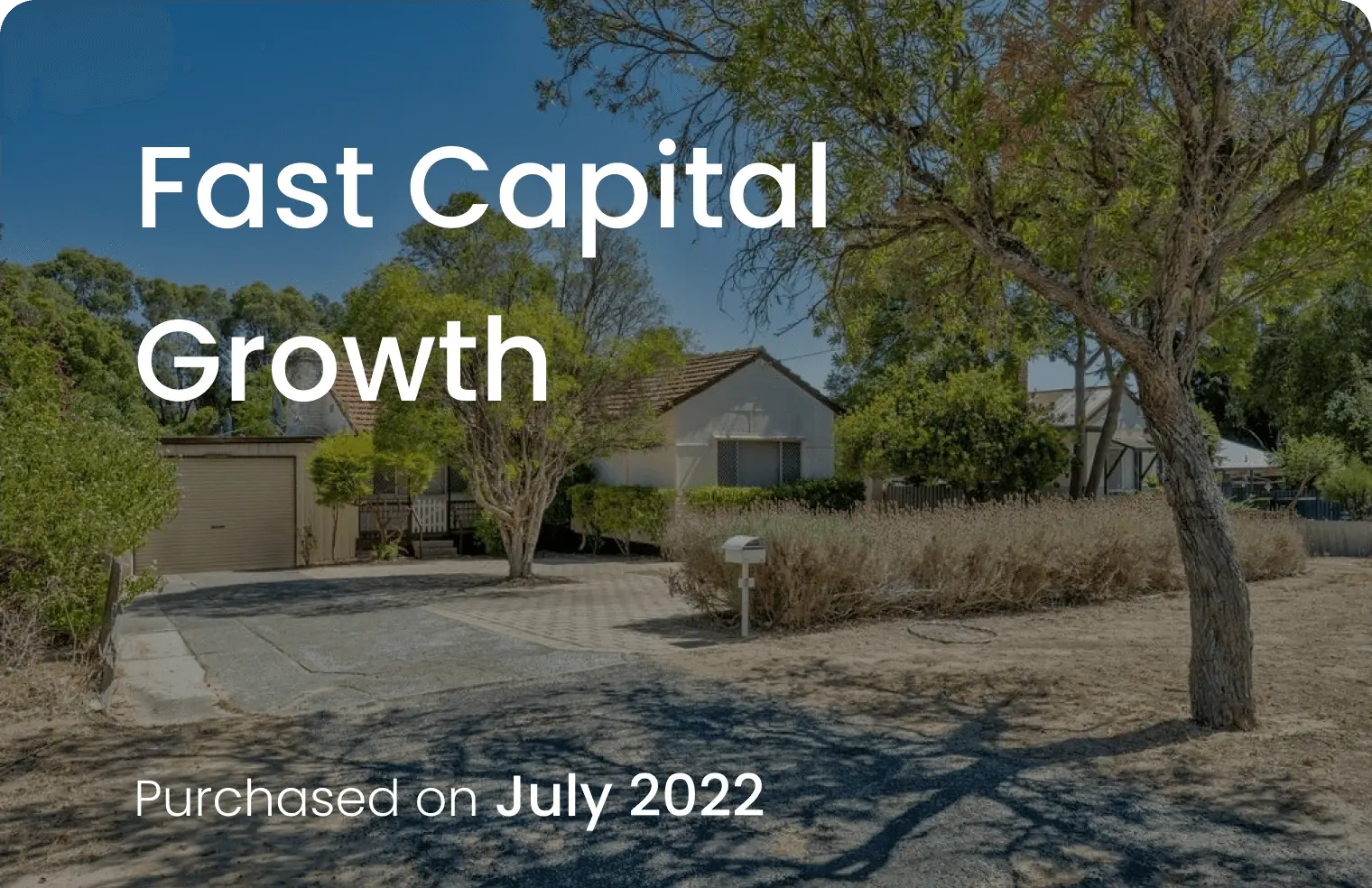
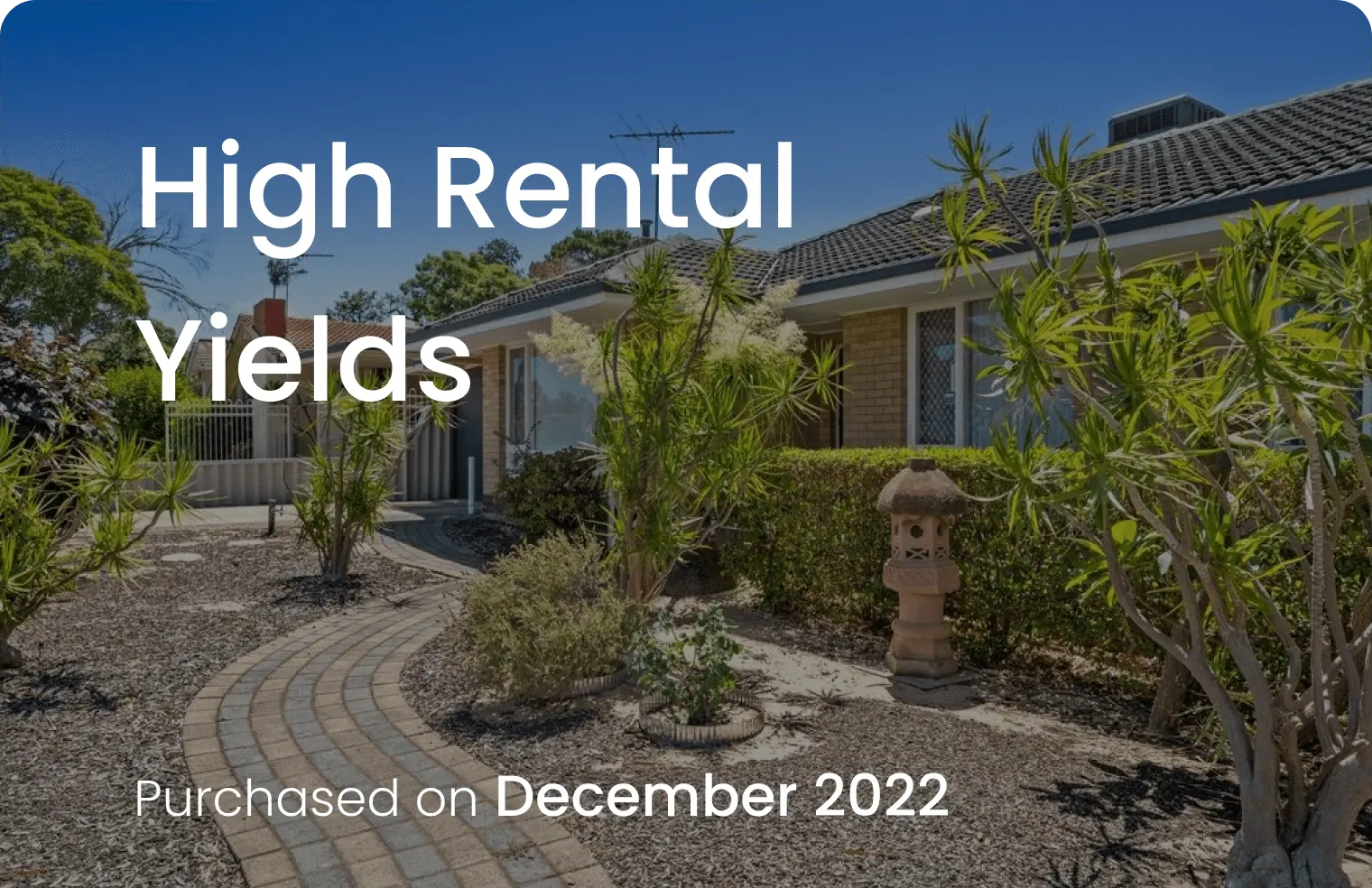
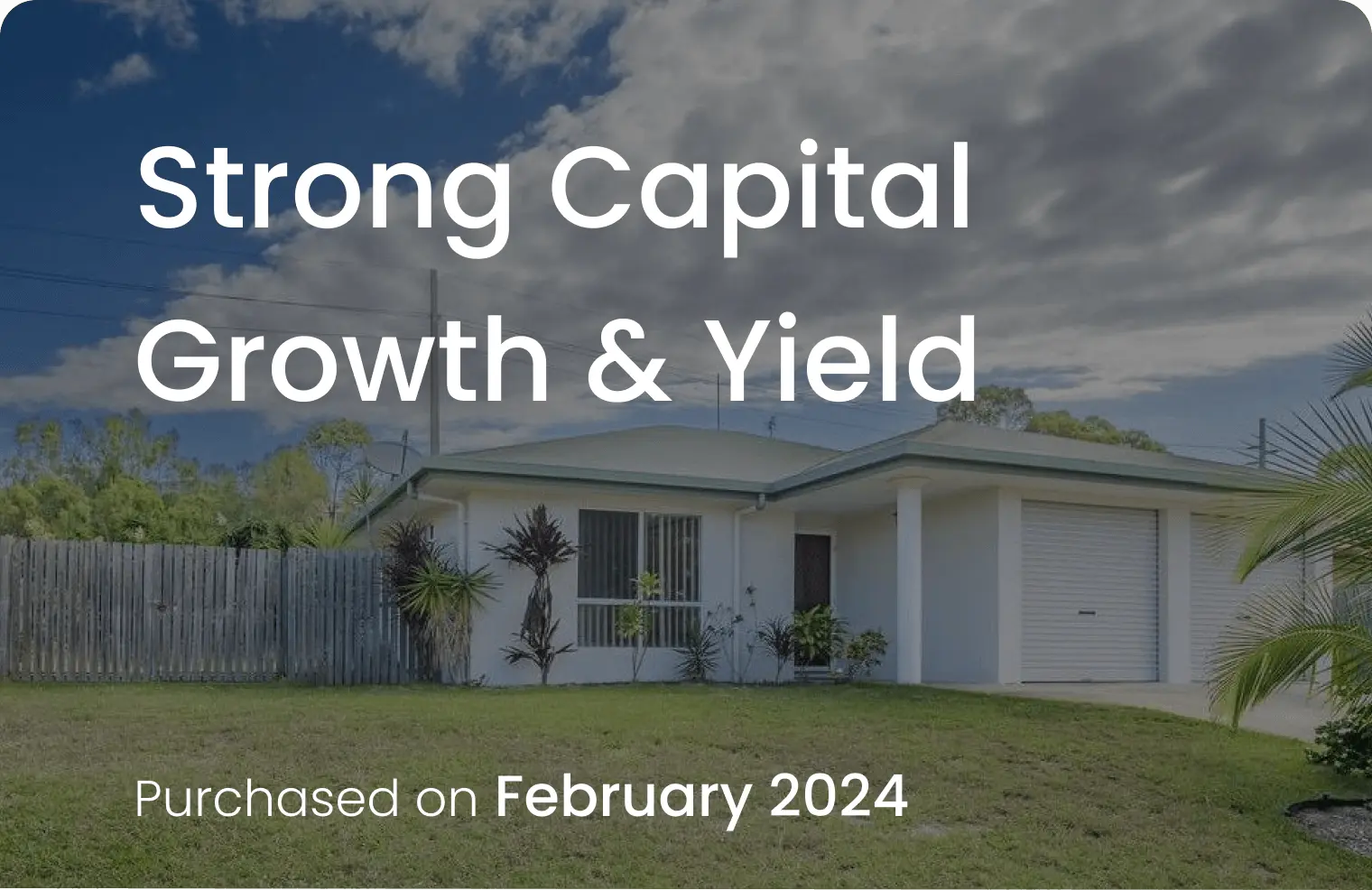
WHAT OUR CLIENTS THINK OF US
 Matt Clarke2024-08-04My wife and I now have three investment properties, the last two with the help of The Investors Agency. There is no comparison between the stressful and anxious experience we had purchasing our first house alone, as opposed to the confidence we felt and professionalism shown by The Investors Agency with the purchase of our second and third investment properties. Their specialist knowledge, experience, communication skills and the resources at their disposal across the country made the whole process stress free and achieved great results. We purchased the second investment property in October 22 and used the equity in that home to comfortably purchase the third investment property in August 24. If not for The Investors Agency, I never would’ve considered the property type, value and locations. They explain their reasoning which is backed up by facts. Their advice has us on the path to financial freedom and we a very, very grateful. Thank you to Bobby, Josh, Georgie and the entire team at The Investors Agency.
Matt Clarke2024-08-04My wife and I now have three investment properties, the last two with the help of The Investors Agency. There is no comparison between the stressful and anxious experience we had purchasing our first house alone, as opposed to the confidence we felt and professionalism shown by The Investors Agency with the purchase of our second and third investment properties. Their specialist knowledge, experience, communication skills and the resources at their disposal across the country made the whole process stress free and achieved great results. We purchased the second investment property in October 22 and used the equity in that home to comfortably purchase the third investment property in August 24. If not for The Investors Agency, I never would’ve considered the property type, value and locations. They explain their reasoning which is backed up by facts. Their advice has us on the path to financial freedom and we a very, very grateful. Thank you to Bobby, Josh, Georgie and the entire team at The Investors Agency. Gaurav Saxena2024-08-04Great experience dealing with TIA, very informative and they work closely based on your needs. Little pricey but hopefully pays off with capital growth.
Gaurav Saxena2024-08-04Great experience dealing with TIA, very informative and they work closely based on your needs. Little pricey but hopefully pays off with capital growth. Matt Lav2024-07-17This was our first home purchase. My partner and I were a bit nervous about everything but TIA made everything smooth and easy to understand. Their process really is designed to take a lot of the load off you so you can go about your daily life and not be continuously stressing out about everything. We couldn’t be happier and can’t wait to celebrate with our next one hopefully soon!
Matt Lav2024-07-17This was our first home purchase. My partner and I were a bit nervous about everything but TIA made everything smooth and easy to understand. Their process really is designed to take a lot of the load off you so you can go about your daily life and not be continuously stressing out about everything. We couldn’t be happier and can’t wait to celebrate with our next one hopefully soon! Ben Killen2024-07-07An incredible service. An incredibly honest & professional team. Every part of the process is seamless. You wont find a better property purchasing experience both from an ease of use & a performance standpoint. The team is incredibly generous with their time, making sure to go over & above. A must for any Australian serious about building wealth sustainably.
Ben Killen2024-07-07An incredible service. An incredibly honest & professional team. Every part of the process is seamless. You wont find a better property purchasing experience both from an ease of use & a performance standpoint. The team is incredibly generous with their time, making sure to go over & above. A must for any Australian serious about building wealth sustainably. Ryan Johnston2024-06-24We used TIA for our first investment whilst being based overseas. The professionalism and high level of communication was exactly what we needed not being locals or experts in the market. They provide a full end to end service and would highly recommend them to anyone else looking to invest in property.
Ryan Johnston2024-06-24We used TIA for our first investment whilst being based overseas. The professionalism and high level of communication was exactly what we needed not being locals or experts in the market. They provide a full end to end service and would highly recommend them to anyone else looking to invest in property. DJBors Channel2024-06-24Awesome and straight forward . Efficient!!!! TIA is the best!!!!
DJBors Channel2024-06-24Awesome and straight forward . Efficient!!!! TIA is the best!!!! Rahul Ramachandran2024-06-09working with Josh was a good experience. Highly recommend them with your property goals.
Rahul Ramachandran2024-06-09working with Josh was a good experience. Highly recommend them with your property goals. joseph karipel2024-05-31It's been great working with 'Investors Agency'. They're very earnest in their involvement with our customized needs to look around and get a suitable property for us. Nothing short of excellence!!Load more
joseph karipel2024-05-31It's been great working with 'Investors Agency'. They're very earnest in their involvement with our customized needs to look around and get a suitable property for us. Nothing short of excellence!!Load more
